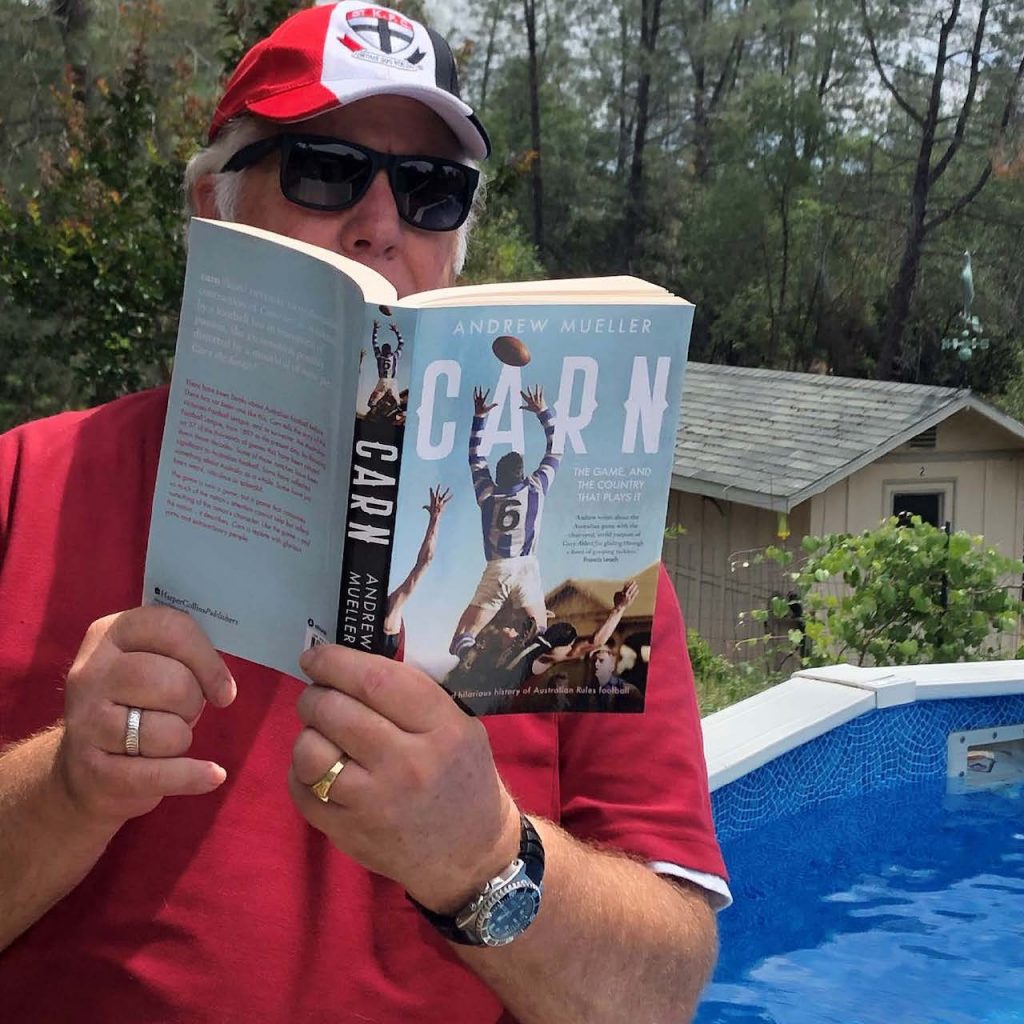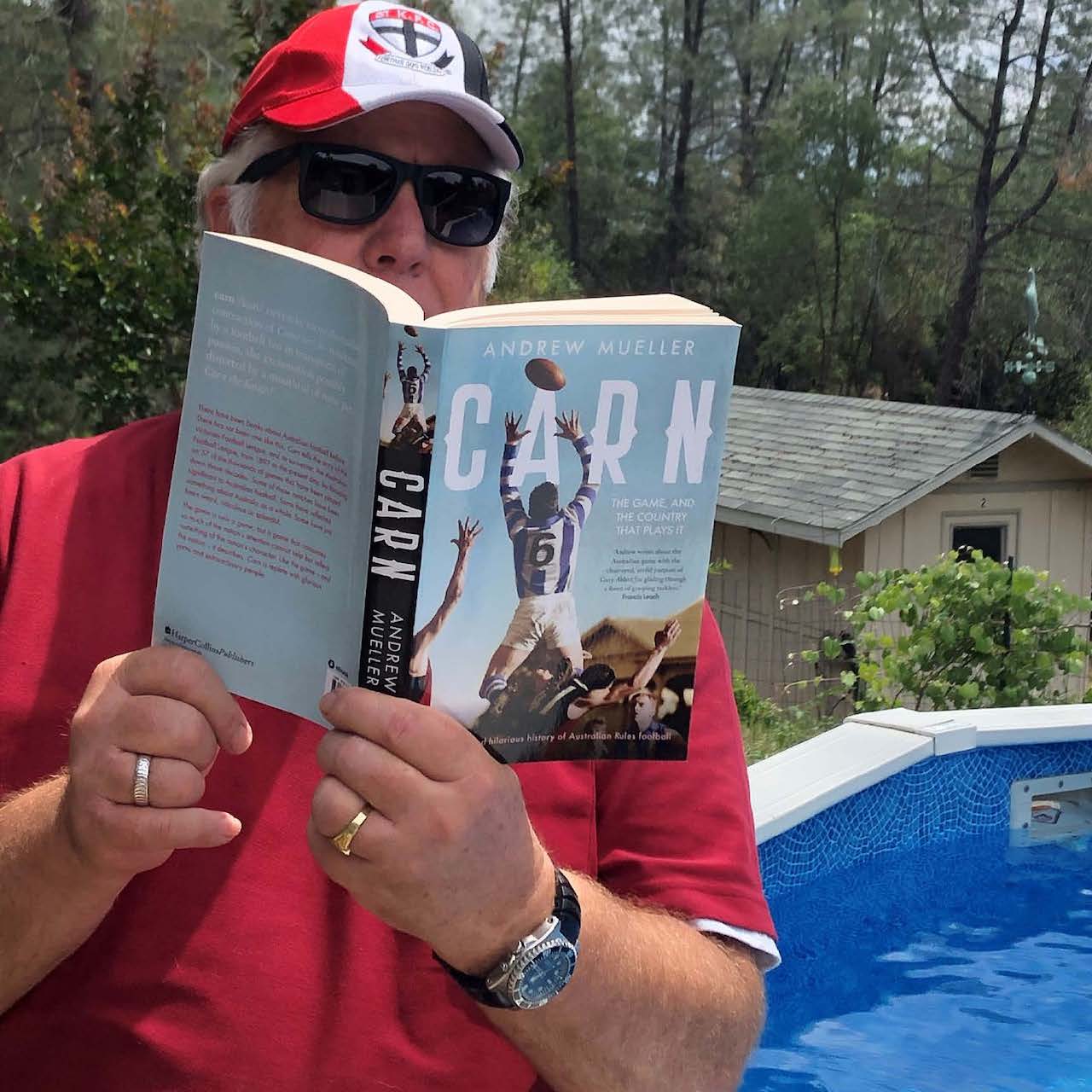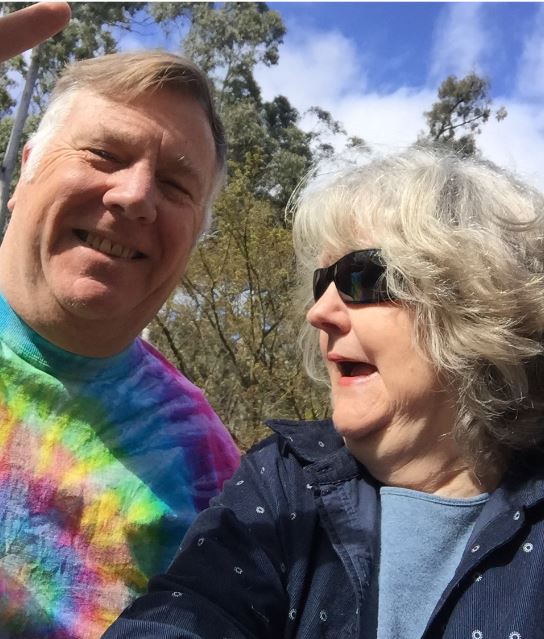June 22nd, 2020An Aussie in America
EVERY Friday afternoon the Glorfeld family gathers here in northern California to listen to ABC Radio. We usually tune in around 4.30 to catch the gardening segment, followed by the hourly news report, and then it’s time for the Coodabeen Champions.
The Coodabeens’ light-hearted football-centred banter is a much-needed respite from our regular news diet of COVID-19, violence in the streets of US cities, and a government incapable of providing meaningful leadership in this time of deepening crisis.
Prime Minister Scott Morrison doesn’t appear to be an especially smart man, and his conservative evangelical Christian viewpoints seem to be out of step with most of mainstream Australia, but nor does he often go out of his way to antagonise great swathes of the populace.

In the US, however, President Donald Trump seems to actively seek to create conflict and division. Politics in this country has devolved to the level of barracking for a sports team. We constantly hear about Trump’s base, his core group of fans who approve of his every action, believe everything he says, no matter how outrageous, and turn out for his rallies bedecked in logo-emblazoned hats, shirts and banners – much the same as footy fans proclaiming their unswerving support for their beloved players.
There is nothing wrong with being a passionate sports team fan, but there’s a good deal more at stake when we’re talking about supporting a political party.
A new book, The Impostors: How Republicans Quit Governing and Seized American Politics, by Steve Benen, expands on the idea that the Republican Party has abandoned the notion of politics being about policies and principles and instead now cares only about having and maintaining power.
Progressive commentators such as Bill Maher, who uses comedy to open up serious political discussion, have been debating the what-if question of what happens if a despotic, unhinged Trump loses the upcoming election and refuses to leave office.
Maher, an outspoken liberal, has advocated for liberal Democrat voters to follow the lead of right-wing Republicans and buy guns – arm themselves in readiness for – for what? Maher doesn’t spell it out but it’s pretty clear he anticipates violence to erupt between Trump’s fanatical supporters and people who believe in the democratic process.
Before the outbreak of racially-charged violence began sweeping through US cities, brought on by the killing of a black man named George Floyd by police in Minneapolis, Minnesota, we had the COVID-19 epidemic.
The US is the worst country in the world in terms of its COVID-19 response. We have more cases, more deaths, and no national plan for dealing with the epidemic. Even now his administration has refused to step in and take charge, instead forcing each state to come up with its own COVID-19 strategy.
Trump has often made public statements in support of white supremacists. Now, with racial tensions in the country at levels not seen in 60 years, and the Black Lives Matter movement seeking to raise awareness of systemic racism in this country, he has advocated for bringing the US military onto the streets of American cities.
There they will forcefully put down protests, which many observers believe would only serve to escalate the violence. Meanwhile, partly because of his overt support for such people, self-proclaimed militia groups – often heavily armed – have also coalesced around these protests, dramatically raising the potential for deadly conflict. I think Steve Benen is correct – the Republican Party has divested itself of policies and principles in the traditional sense. It is anti-science, it has removed generations of environmental protection legislation, it is opposed to public education and universal healthcare, it has no unified foreign policies.
But I believe the Republicans do have one core belief – that the founding principles of American democracy have become outmoded and unworkable. They are actively working to tear down the US government as it has stood for more than 200 years and replace it with an oligarchy: in which a small and privileged group of people exercise power by virtue of their wealth, family and corporate interests, religion, and military power.
The opposition to Trump and the Republicans is widespread but disjointed. There is little enthusiasm for his opponent, Joe Biden, in the upcoming elections, and the Democrats have promulgated a wide range of potentially divisive policies, unlike their opponents, who only have one – retain power.
These are dark times for American democracy, and I fear there are darker days ahead.
– Jeff Glorfeld
Jeff is a former long-time editor of The Age, and editorial contributor for The Local, who lived in Wheatsheaf for 17 plus years before returning to California, with wife Carol, in 2018 to be with family. Along with having ink in his veins, Jeff is a dyed-in-the-wool St Kilda supporter.










